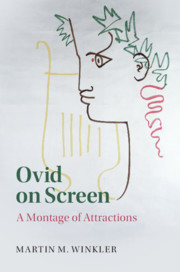The essay investigates the occupation of the city of Rijeka (1919–20) by an irregular army led by Italian poet Gabriele d'Annunzio, focusing on the concepts of sovereignism and populism. While people with different mentalities and ideological horizons took part in the endeavour, it was d'Annunzio that gave the occupation its profound meaning. The poet attempted to put into practice his political vision centered around a ‘noble people’, composed of warriors and producers, opposed to the liberal elites and in competition with revolutionary socialist movements. In this sense, the Free State of Rijeka grew into the prototype of a new society based on the integration of racial, plebiscitary, corporate, aesthetic, and political themes. At the same time, the city became a beacon of opposition to the new international order proposed by US president Woodrow Wilson, since it advocated and worked towards the birth of sovereignty for small countries resisting new supranational bodies such as the League of Nations.


